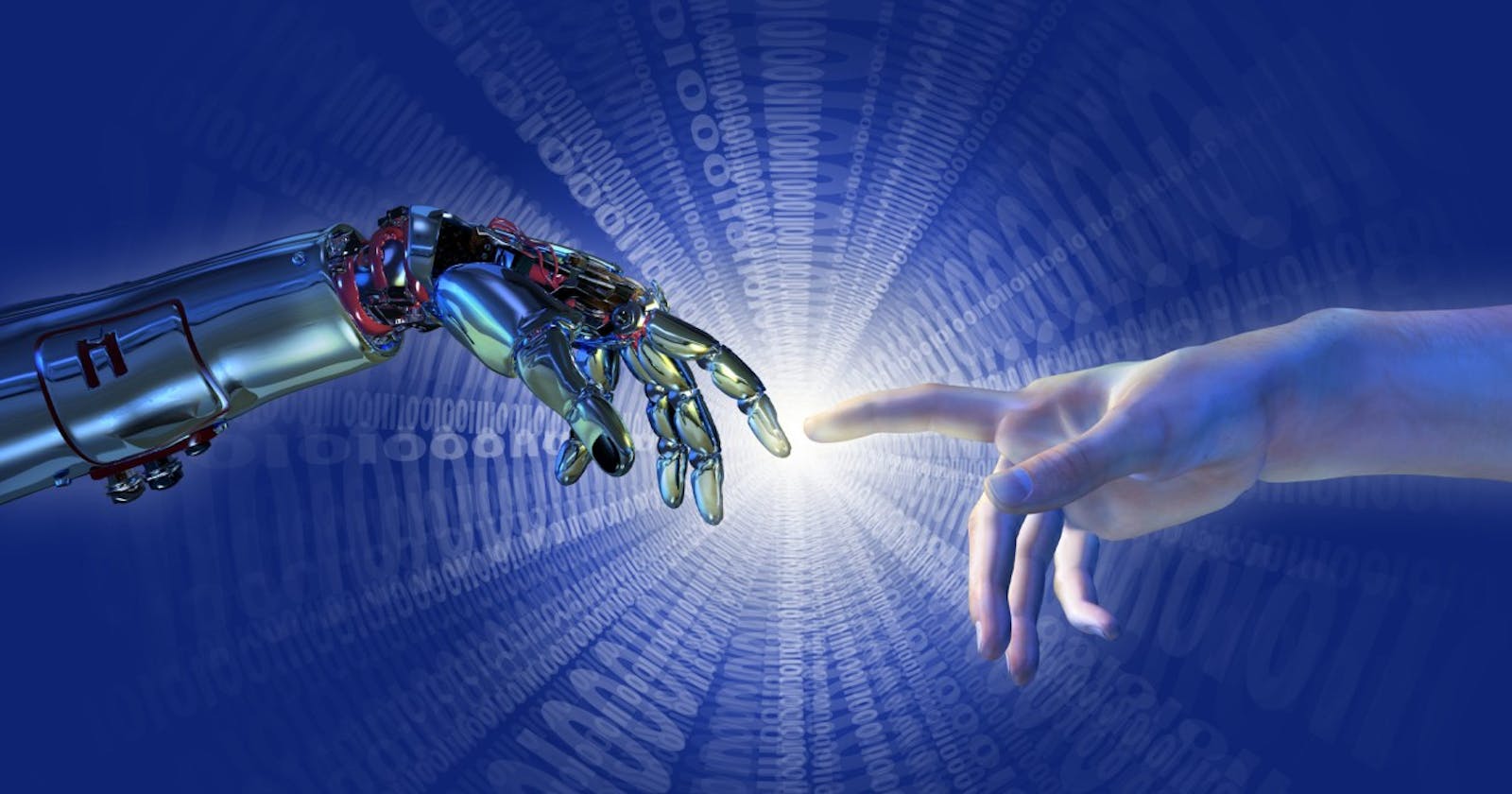The future of robotic process automation (RPA) looks bright, with continued growth and expansion predicted for the industry. RPA technology allows businesses to automate manual, repetitive, and time-consuming tasks, improving efficiency and reducing the need for human labor. As technology advances, RPA is expected to become increasingly sophisticated and capable of handling more complex tasks and processes.
One key area where RPA is likely to see significant growth is integrating RPA with other technologies, such as artificial intelligence (AI) and machine learning. By combining the strengths of RPA and AI, businesses will be able to automate more complex processes and tasks and gain deeper insights into their operations. This will lead to the development of new and innovative uses for RPA and greater efficiency and productivity in the workplace.
Another trend likely to shape the future of RPA is the increasing use of cloud-based solutions. As more businesses move their operations to the cloud, the demand for cloud-based RPA solutions is expected to grow. Cloud-based RPA systems offer several advantages, including greater flexibility, scalability, and security, making them an attractive option for businesses of all sizes.
The growing popularity of RPA is also expected to lead to the development of new career opportunities in the field. As RPA becomes more widely adopted, businesses will need skilled professionals to design, develop, and maintain their automation systems. This will create new jobs and career paths for individuals with the right skills and experience.
Overall, the future of RPA looks promising, with continued growth and innovation expected in the field. Businesses adopting RPA technology can automate more complex tasks and processes and gain more significant insights into their operations. This will lead to greater efficiency and productivity and new opportunities for businesses and individuals.
